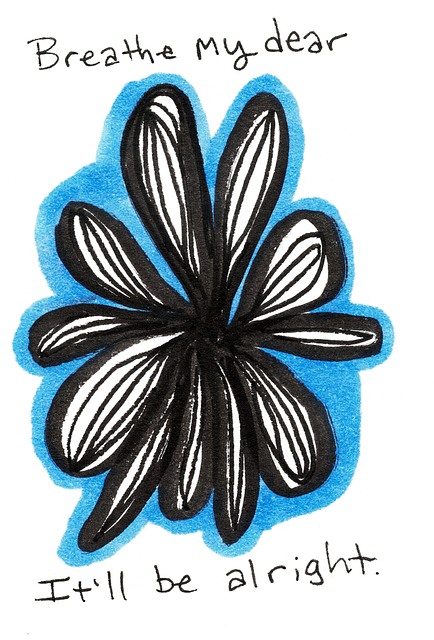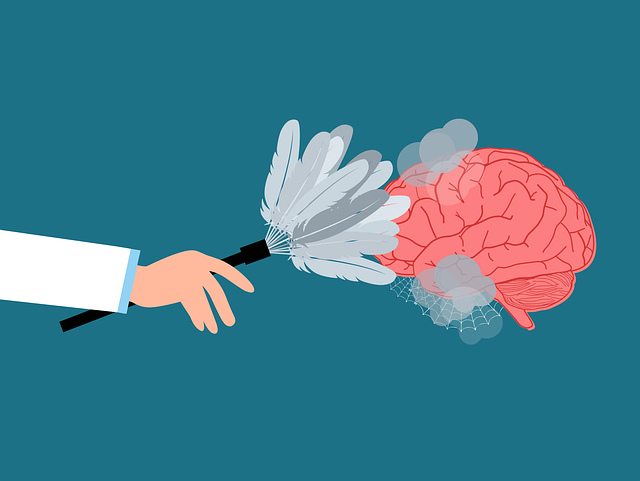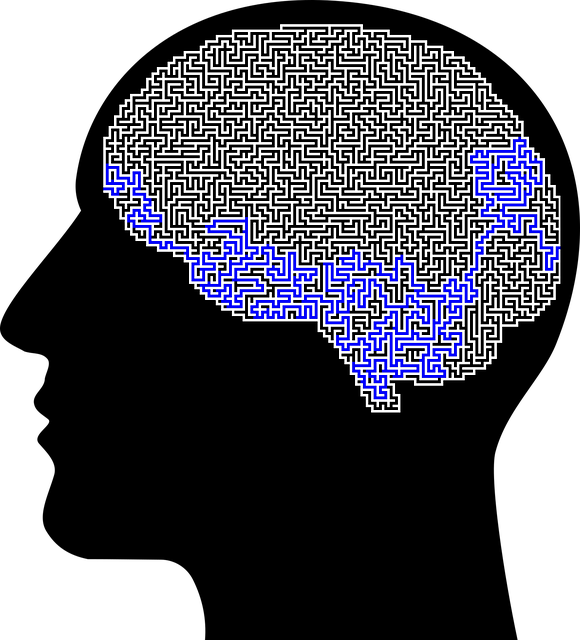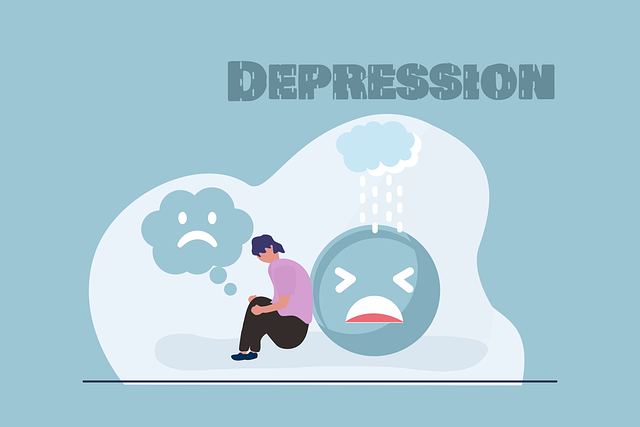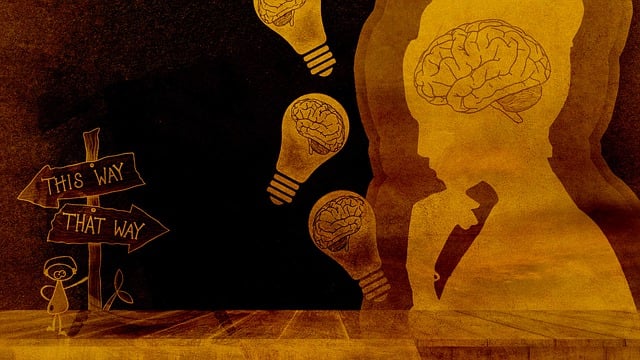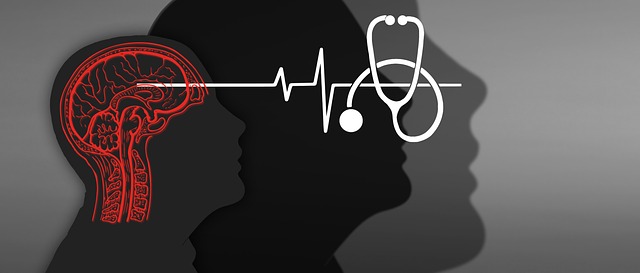Social Skills Training (SST) is an evidence-based therapy for adolescent teens with Attention-Deficit/Hyperactivity Disorder (ADD/ADHD), focusing on improving communication and interpersonal interactions. Through personalized interventions, cultural competency training, and comprehensive evaluations, SST empowers teens to build resilience, navigate social situations confidently, and enhance their overall well-being. Key components include teaching active listening, empathy, conflict resolution, and emotional intelligence, aligning with mind over matter principles to promote positive mental wellness.
Social skills training is a powerful tool for improving mental health, especially for adolescent teens with conditions like ADD/ADHD. This article explores Understanding Social Skills Training and its profound impact on mental well-being. We delve into targeting specific challenges faced by teens with ADD/ADHD through tailored evaluations, offering strategies for effective therapy. By focusing on these key areas, we aim to enhance social interactions, build confidence, and foster better mental health outcomes for young individuals navigating the complexities of adolescent development and conditions like ADD/ADHD.
- Understanding Social Skills Training and its Impact on Mental Health
- Targeting Specific Challenges: ADD/ADHD in Teens
- Evaluations and Tailoring Support for Effective Therapy
Understanding Social Skills Training and its Impact on Mental Health

Social Skills Training (SST) is a specialized form of therapy designed to enhance interpersonal interactions and communication for individuals with mental health conditions, including those diagnosed with Attention-Deficit/Hyperactivity Disorder (ADHD) in adolescents and teens. This evidence-based approach focuses on teaching essential social competencies, such as active listening, empathy, and conflict resolution, to improve overall mental wellness. By participating in SST, individuals learn to navigate social situations more effectively, fostering better relationships and boosting self-esteem.
The impact of SST extends beyond immediate interactions; it contributes to building resilience in individuals by equipping them with the skills to cope with challenges and setbacks in their daily lives. This form of therapy is particularly beneficial for teens with ADD/ADHD who may struggle with social cues and peer interactions, helping them integrate better into their social circles and improving their overall mental health and well-being.
Targeting Specific Challenges: ADD/ADHD in Teens

For adolescent teens struggling with Attention Deficit Disorder (ADD) or Attention Deficit Hyperactivity Disorder (ADHD), targeted social skills training is an invaluable component of their overall treatment plan. Beyond traditional therapy sessions, specialized evaluations can help identify specific challenges these teens face in various social settings. This personalized approach ensures that interventions are tailored to address issues like impulсивity, difficulty sustaining attention during conversations, or challenges with organizing social interactions.
Integrating cultural competency training into these therapeutic practices is crucial for fostering effective communication and connection. By understanding the unique cultural backgrounds of each teen, healthcare providers can adapt their methods, ensuring that social skills training resonates with individual experiences and promotes positive mental wellness. This holistic approach aligns with the core principles of mind over matter, empowering teens to develop resilience and navigate social scenarios with enhanced confidence.
Evaluations and Tailoring Support for Effective Therapy

Evaluations play a pivotal role in social skills training, especially for adolescent teens with ADD/ADHD. Comprehensive assessments help identify specific challenges and strengths, ensuring therapy is tailored to individual needs. Mental health professionals conduct risk assessments to gauge potential triggers and vulnerabilities, facilitating safe and effective treatment plans. These evaluations aren’t just initial checks; they guide ongoing progress tracking, allowing adjustments as the teen’s skills improve or new areas of difficulty emerge.
Tailoring support involves incorporating diverse techniques, such as self-awareness exercises designed to enhance emotional intelligence. By participating in these activities, teens gain deeper insights into their behaviors and interactions with others, fostering better social understanding and communication. The Mental Health Education Programs Design often emphasizes practical strategies that can be implemented in various settings, empowering adolescents to navigate social situations more confidently and successfully.
Social skills training is a powerful tool for improving mental health, especially for adolescent teens with ADD/ADHD. By targeting specific challenges through tailored evaluations, this therapy enables young individuals to develop essential social competencies. Effective support in this area can significantly enhance their overall well-being and relationships, making it an invaluable resource for positive growth and improved life navigation. Through these strategies, professionals can help adolescents better manage symptoms and foster more fulfilling social interactions.

